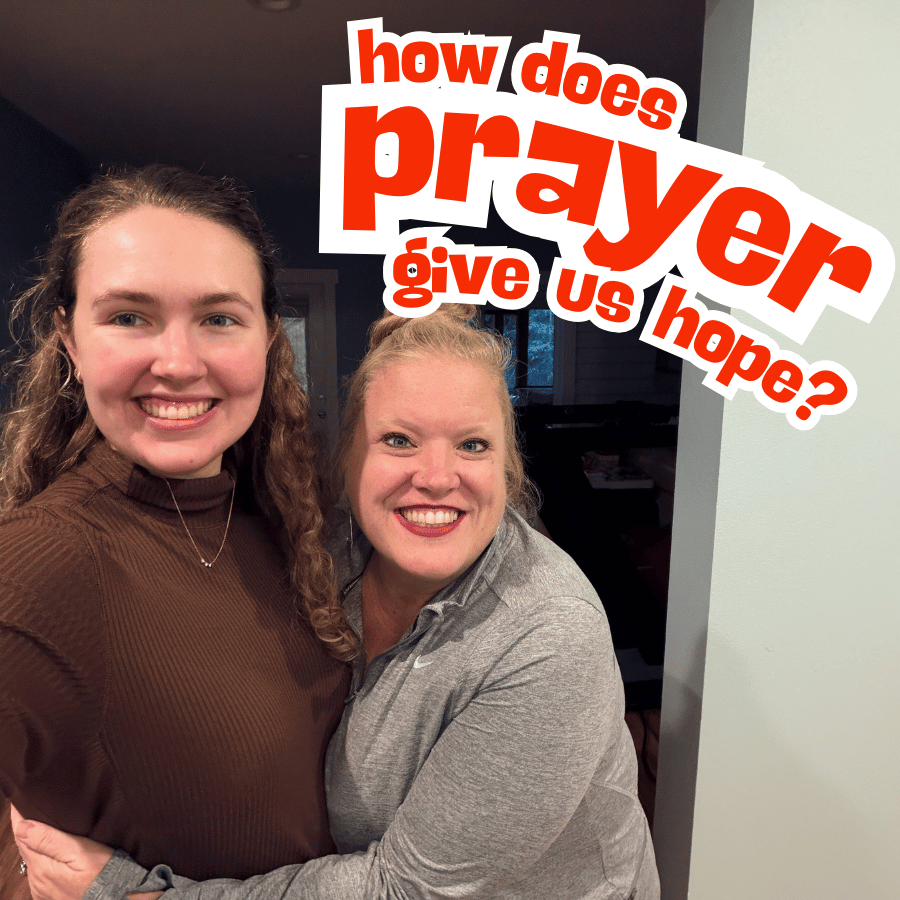1+1 = Trouble
Written by Emma McCoy
4 minute read
It’s time to talk about everyone’s favorite thing: compulsive behaviors!
Just kidding, that’s no one’s favorite thing to talk about. But we are going to talk about it all the same, because as Luke 8:17 says, “[f]or all that is secret will eventually be brought into the open, and everything that is concealed will be brought to light and made known to all,” (NLT). And since all of us still, to some degree, are in the grip of compulsive behaviors (I’ve been there, and will go back there), this can read like a threat. The truth is that this is a gift of a promise from God—no matter how far we run or how dark the night gets, the sun comes in the morning. God is a god of justice, and he will not abandon us.
Now, compulsivity can look like different things for different people.
It’s not a one size fits all sort of thing; the behaviors we gravitate toward are tailored for our personalities, experiences, and traumas. This means that our negative tendencies—like too much screen time, or binge eating, or hyper-arguing—might seem normal to others, which makes it harder to pick up. And this is something you can count on: there’s no easier person to lie to than yourself.
I come from a workaholic family. My dad, my grandfather, and my great-grandfather all worked very, very hard. It’s not a family secret, and for that I’m grateful; as I’ve gotten older, my relatives have been open with me about the pitfalls of working too much, and how spending too much time on work is a cover-up for whatever other problems there are.
Even knowing this, there’s something about growing up that makes you do it for yourself.
My compulsive behaviors tend to center around working: speeding up, canceling plans, isolating myself, forgetting to eat, spending too much time on my phone, and of course, over-functioning. Now, American culture tends to celebrate this. It’s all about the grind, the side-hustle, and buying the next big thing. Working too much might not seem like an isolating, compulsive behavior, but what it does is push me away from my community and set up a false idea of God.
Let me explain. When I was eighteen, just starting college, I was still doing sports full-time. I was training for kayak racing every single day, racking up 20, 25 hours a week weight lifting and swimming and kayaking while also balancing six college classes. I did nothing outside of school and train. I didn’t go to church, socialize, or take good care of myself. I thought I was doing fine and handling everything, but in reality I was following a path I wasn’t actively choosing, and I was working too hard to avoid thinking about the fact that I missed my family, I had no friends, and I was tired and miserable.
During this time, God felt very, very far away.
Created by Jessie with use of Firefly AI
Compulsive behaviors set up a false view of God. When I was working too hard and shutting out everything I didn’t want to feel, I shut out God too. He felt distant, and uncaring, willing to let me do what I was going to do because it was all the same to Him. The real God cares deeply about me. The false God is hands-off and apathetic. That false God made it easier for me to numb myself against feelings of loneliness and sadness, and I was great at lying to myself and saying that the way I was acting was fine, and God didn’t care one way or the other.
What’s interesting to me is how the behavior can set up the false view and vice versa. I had to do everything myself to drown out the noise, so God felt absent. God felt absent because I didn’t let Him in, setting up systems in my life to stay busy, so then I didn’t count on God for anything (because counting on God would be admitting that I felt miserable).
Compulsive behaviors construct false views, and the way forward is to renew my imagination of who God is and what He could be up to.
When my imagination is small—God is absent, God doesn’t care, God is angry—I don’t have a true picture of who God promises he is, and it’s that much easier to live the lie. But when I can imagine something different, a God who is never far from me, then I can see the kind of life He might want from me. Not a life where I can’t miss a workout and push everyone away, but a life where I can relax and cook dinner and go to church with people who care about me. I feel the things I need to feel, and I can be honest about when I’m scared or lonely or angry.
I still can work too hard. It’s easy; I can reach out my hand and slip into that rhythm as easy as breathing. Forgetting to eat, working long hours, skipping small group. But I know that God wants more for me. God wants me to pour into others rather than only focus on avoiding what scares me. He actually wants me to share those feelings with others, and with Him. He wants me to take breaks and enjoy the life He has given to every human being.
He is present and near; He is faithful and unchanging; He is active and loving in my life.
This Sunday, join us for our Common Table Gathering as we take a look at how compulsive and isolating behaviors can set up a false view of God. We’ll be talking about how these patterns show up, and how the way forward lies in imagining how God could be—and is—doing good in our life, contrasting whatever fake idea we have.










3-minute read